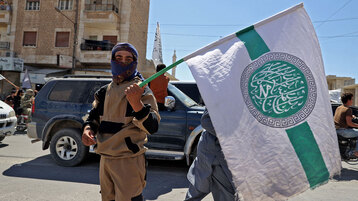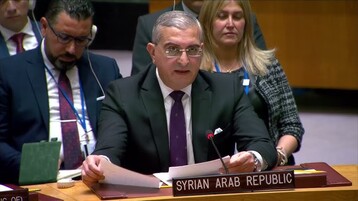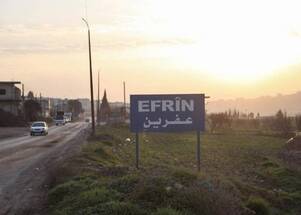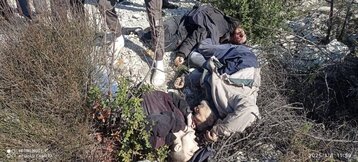-
Deteriorating Water and Sanitation Conditions Threaten the Return of Cholera to Lebanon... Among the Displaced
-
The risk of cholera spreading among the displaced highlights the fragility of Lebanon's health infrastructure and its inability to deal with humanitarian crises resulting from regional conflicts
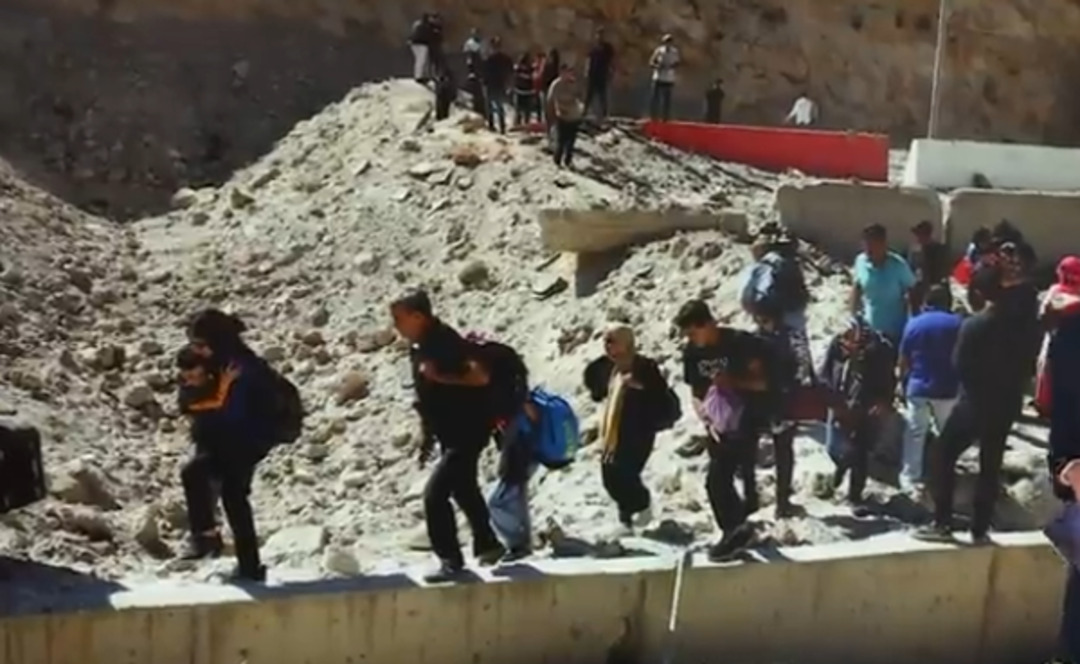
The World Health Organization (WHO) has issued a stern warning about the increased risk of cholera outbreak in Lebanon, amid deteriorating health conditions caused by the ongoing conflict between Israel and Hezbollah. The WHO representative in Lebanon, Abdelnacer Abou Bakr, confirmed that the disease could spread rapidly among hundreds of thousands of displaced people who have fled conflict areas.
These warnings come after confirmation of the first cholera case in Lebanon in a long time, raising fears of a return of the disease, which last saw an outbreak in the country 30 years ago. The organization pointed to the deterioration of water and sanitation conditions among the displaced and their host communities as a major factor increasing the risk of infection spread.
Despite previous efforts to vaccinate the displaced in northern Lebanon, Abou Bakr warned that some groups of new displaced people from southern Lebanon and the Beirut area have not acquired any immunity against cholera for decades, making them particularly vulnerable to infection.
In response to this threat, WHO Director-General Tedros Adhanom Ghebreyesus confirmed enhanced surveillance and tracking efforts, including water sample testing. However, the vaccination campaign launched by the Lebanese Ministry of Health in August, which targeted 350,000 people in high-risk areas, has been halted due to escalating violence.
This situation highlights the significant challenges facing the Lebanese health system, which is already suffering from multiple crises. It also underscores the urgent need to improve water and sanitation infrastructure, especially in areas hosting large numbers of displaced people.
These developments call for intensified international and local efforts to support the health sector in Lebanon and ensure the provision of basic health care and prevention of infectious diseases under the difficult circumstances the country is going through. They also emphasize the importance of neutralizing health and humanitarian issues from political and military conflicts to ensure the safety of civilians and displaced persons.
Levant-Agencies
You May Also Like
Popular Posts
Caricature
opinion
Report
ads
Newsletter
Subscribe to our mailing list to get the new updates!

